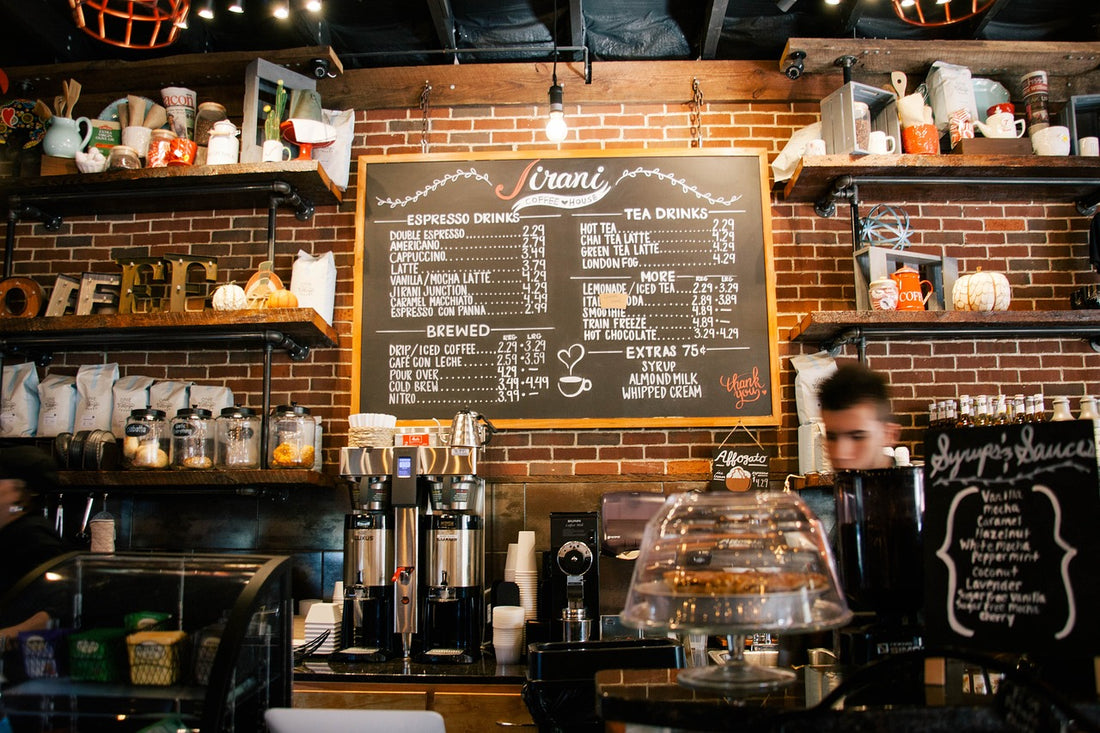Coffee: The Economic Impact

Share
It wouldn't be hyperbole to claim that coffee fuels the world. In economic terms, the keyword 'coffee' certainly holds a substantial weight. The global coffee industry is a multi-billion-dollar sector, providing employment to millions. It incredibly impacts the economies of producing countries while simultaneously dictating morning routines in consuming nations.
The 'coffee' phenomenon starts from the growers -- small scale farmers often in underprivileged parts of the globe. After nurturing the coffee plants, the beans get sold to traders, exporters, and eventually roasters. This whole supply chain means that a considerable number of people find their livelihoods bound to coffee production.
Simultaneously, there's an interesting dynamic on the consumer end too. Coffee houses and cafes are cultural and social hubs. They're not only places to get your caffeine fix but often workspaces, meeting spots, and more. The ubiquitous coffee cup is also a significant player in the hospitality and retail industry.
But, the economic footprint of 'coffee' is not without its challenges. Price fluctuations can hit small-scale farmers hard, leading to instability and insecurity. Simultaneously, on the consumer end, bad economic times can lead to reduced spending on these 'luxury' products. Despite these difficulties, the coffee industry continues to thrive, the golden bean proving irresistible to most.
As the demand for coffee continues to grow, its economic impact becomes more entrenched. Understanding the economic influence of 'coffee' allows us to appreciate the essential role it plays in our global economy, beyond our morning cup. Key in this understanding is acknowledging the value of fair trade and ethical practices, to ensure all involved in the journey from bean to cup share in coffee's economic success.
The 'coffee' phenomenon starts from the growers -- small scale farmers often in underprivileged parts of the globe. After nurturing the coffee plants, the beans get sold to traders, exporters, and eventually roasters. This whole supply chain means that a considerable number of people find their livelihoods bound to coffee production.
Simultaneously, there's an interesting dynamic on the consumer end too. Coffee houses and cafes are cultural and social hubs. They're not only places to get your caffeine fix but often workspaces, meeting spots, and more. The ubiquitous coffee cup is also a significant player in the hospitality and retail industry.
But, the economic footprint of 'coffee' is not without its challenges. Price fluctuations can hit small-scale farmers hard, leading to instability and insecurity. Simultaneously, on the consumer end, bad economic times can lead to reduced spending on these 'luxury' products. Despite these difficulties, the coffee industry continues to thrive, the golden bean proving irresistible to most.
As the demand for coffee continues to grow, its economic impact becomes more entrenched. Understanding the economic influence of 'coffee' allows us to appreciate the essential role it plays in our global economy, beyond our morning cup. Key in this understanding is acknowledging the value of fair trade and ethical practices, to ensure all involved in the journey from bean to cup share in coffee's economic success.

